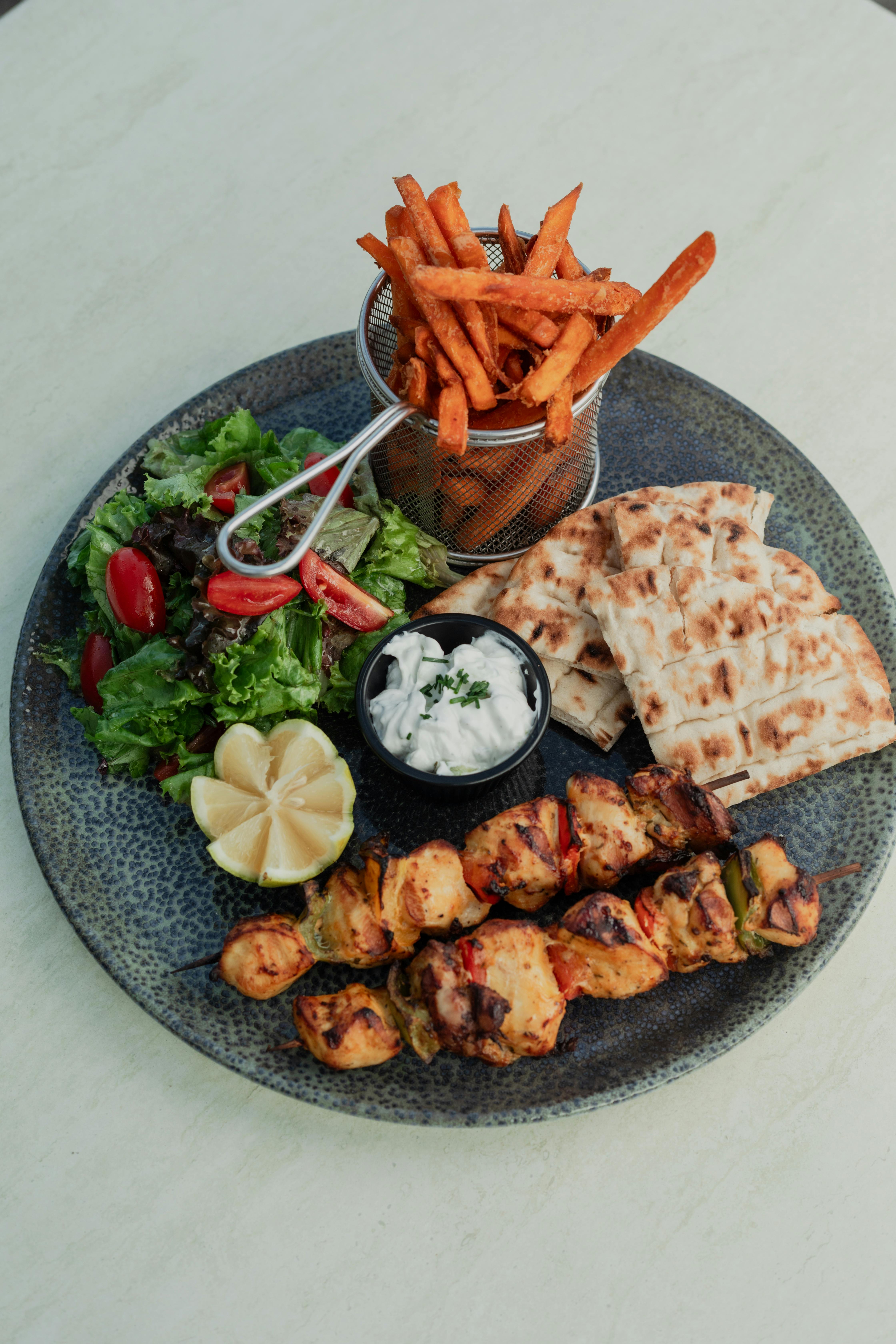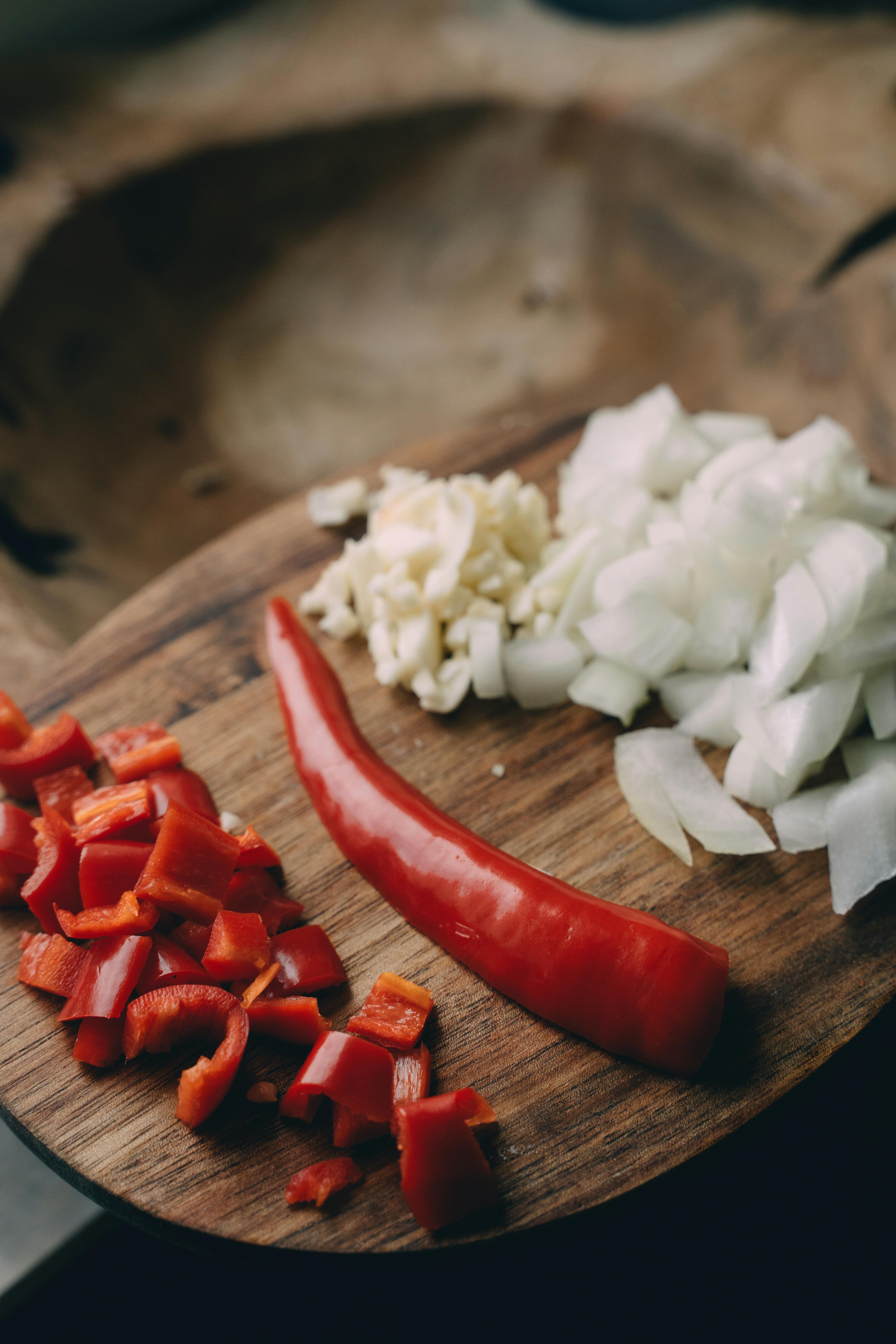The Mediterranean diet is often represented by a food pyramid that illustrates the various food groups and their recommended proportions. At the base of the pyramid are fruits and vegetables, which should make up a significant part of your daily intake. These foods are rich in vitamins, minerals, and antioxidants that are essential for maintaining good health.
Moving up the pyramid, whole grains and legumes come next. These foods provide necessary fiber and energy, helping you feel full and satisfied. Incorporating these into your meals can be as simple as adding quinoa or whole-grain bread to your dishes.
Healthy fats, particularly from olive oil, are also a vital component of the Mediterranean diet. They support heart health and provide flavor to your meals. Aim to use olive oil as your primary cooking fat and as a dressing for salads.
At the top of the pyramid are sweets and red meat, which should be consumed sparingly. This balanced approach to eating encourages moderation, making it easier to stick to a healthy diet without feeling deprived.
By understanding the Mediterranean diet food pyramid, you can make informed choices that align with your health goals. Our personalized quiz can help guide you in creating a meal plan that respects these principles.








